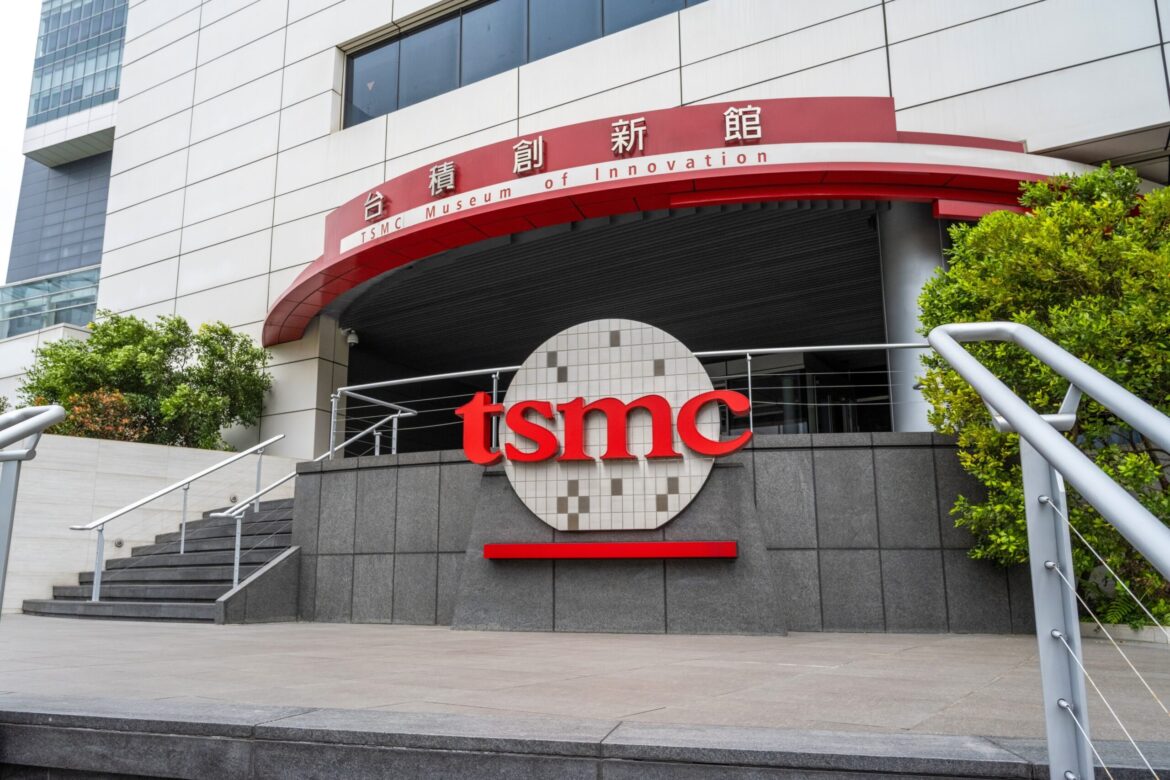TLDRs;
Japan approves $1.6B extra budget to strengthen AI and semiconductor sectors nationwide.
Cabinet greenlights plan, signaling shift from supplementary to regular budget funding.
Rare earths and export insurance funding support supply chain independence from China.
Total chip industry investment since 2021 exceeds $36 billion, backing major foundries.
Japan is taking a strategic step to bolster its technology sector by allocating ¥252.5 billion (approximately US$1.6 billion) in an extra budget specifically targeting AI and semiconductor development. Prime Minister Sanae Takaichi’s cabinet approved the plan on November 28, and it now awaits parliamentary approval.
While the funding represents a significant commitment, it is considerably smaller than last year’s ¥1.5 trillion (US$9.59 billion) supplementary budget.
Analysts note that the government is gradually shifting support for these critical industries from temporary, extra-budget packages toward regular budget allocations, signaling a long-term, steady commitment.
Long-Term Chip Strategy Continues
Since 2021, Japan has invested roughly ¥5.7 trillion (US$36.5 billion) to rejuvenate its semiconductor sector. This initiative supports major projects, including Rapidus’ domestic operations, TSMC’s Kumamoto foundry expansion, and Micron’s Hiroshima manufacturing facility.
The move to integrate chip funding into the regular budget is widely seen as a strategy to provide multi-year stability for these initiatives.
However, the reduction from last year’s supplemental funding raises questions about whether Japan can maintain global competitiveness as other countries continue to pour substantial subsidies into chip manufacturing.
Rare Earths and Export Insurance Support
Beyond direct AI and semiconductor funding, the government has proposed ¥93.7 billion (US$599 million) to help private firms secure rare earths and expand national reserves. This measure is part of Japan’s broader strategy to reduce reliance on China for critical minerals.

The Ministry of Economy, Trade and Industry has also requested ¥100 billion to strengthen Nippon Export and Investment Insurance (NEXI), which provides government-backed coverage to reduce financing risks for foreign projects. JOGMEC, Japan’s metals and energy security agency, has established frameworks with companies like U.S.-based REAlloys to transfer Japanese separation and magnet fabrication technologies, alongside structured offtake and licensing agreements.
A high-profile example is the Lofdal rare earth project in Namibia, where JOGMEC could hold up to 50% ownership, targeting dysprosium and terbium. Such investments help secure the critical materials needed for Japan’s growing AI and semiconductor sectors.
Balancing AI and Chip Priorities
Details on how the ¥252.5 billion will be split between AI and chip initiatives have not been released, creating some uncertainty over which sector will benefit most from the new funding. While AI and semiconductors are closely linked, stakeholders are watching to see how resources are allocated across research, manufacturing, and industrial partnerships.
Japan’s strategy highlights a balance between fostering innovation in AI and strengthening domestic semiconductor manufacturing. The emphasis on regular budget allocation, coupled with targeted rare earth and export insurance measures, reflects a multi-layered approach to ensure sustainable growth, reduce reliance on foreign suppliers, and secure a competitive position in global tech markets.


AloJapan.com